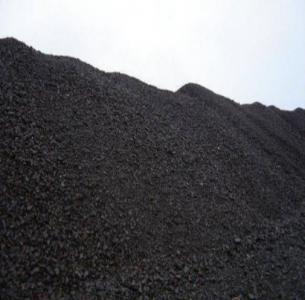
The increase in population and the surge in urbanisation in both the developed and the emerging economies are resulting in a decrease of suitable land for development of infrastructure. Consequently, it can be expected that the need to quarry slag heaps and landfills containing such materials for use in construction, such as earthworks, pavements and buildings, will increase rapidly. In this respect, for developing country like India, where copper slag is readily available, it could be an ideal alternative to natural aggregates, or even ferrous slags, for use in many geotechnical applications. Conventional geosynthetics are composed of various man-made products and used as reinforcement within retaining wall, pavements, slopes, and foundation.
A problem with conventional geosynthetics material is that they are not environment-friendly and often suffer from large carbon footprints. These man-made products often include materials which are harmful to operative in the field and require additional safety measures to be in place during manufacturing procedures and production methods.
In this research we are proposing innovative natural geogrid structure made of bamboo strips and geocell mattress made of waste plastic water bottles. The present experimental study based on the application of non-conventional backfill and geosynthetics materials to enhance the bearing capacity of the soft soil. The research focused on reusing of waste plastic water bottles to innovate alternative geocell accompanying copper slag byproduct of copper ores as backfill material with a vision to propose new sustainable solutions. This research would help mitigate potential depletion of high-quality natural aggregate sources and provide a means to deal with various natural reinforced materials.
Prof. J N Mandal
